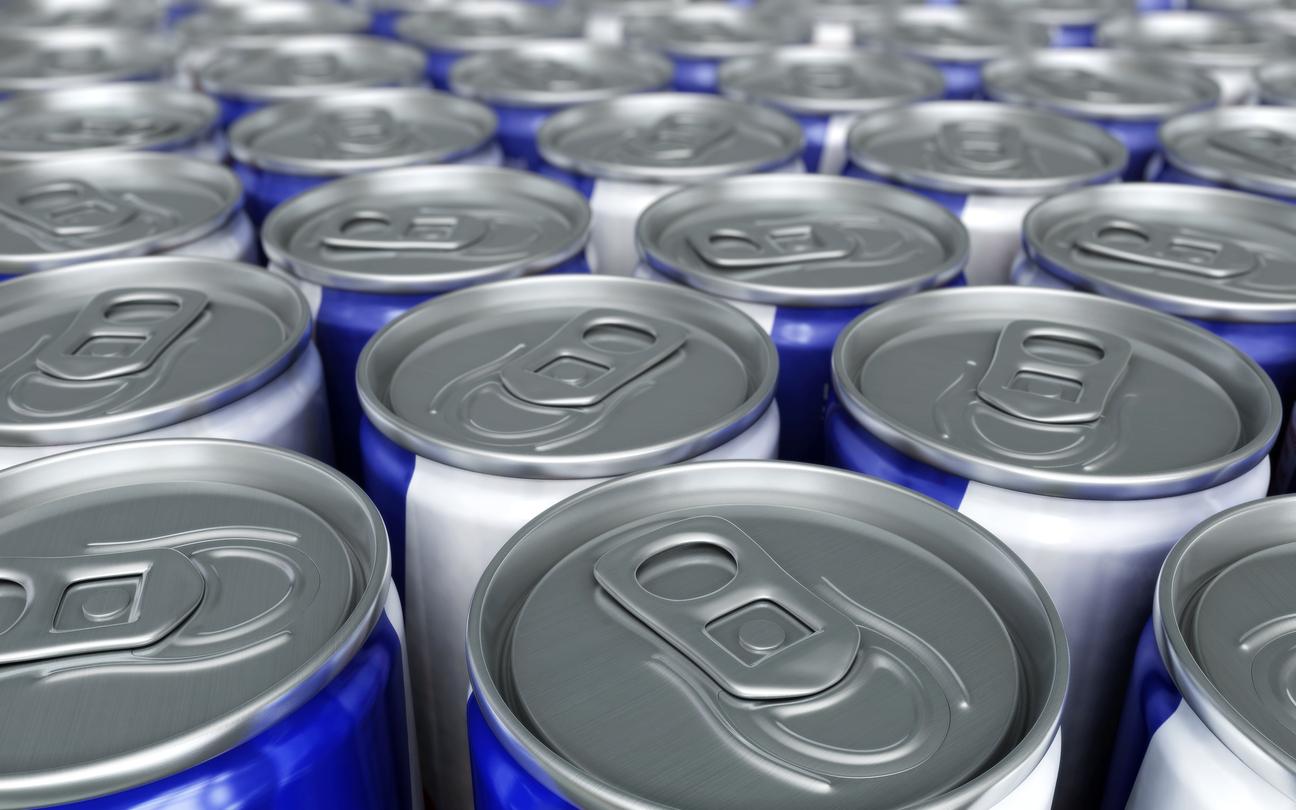Through their effect on intestinal bacteria, prebiotics would promote the recovery of a normal sleep/wake cycle after a disruption of circadian rhythms.

- Jet lag leads to sleep and mood disturbances
- A diet based on prebiotic intake could limit the effects of this disruption of the circadian rhythm
A diet based on fibrous vegetables or whole grains: good for the form or for the line? Not only that, it would also be the cure for the effects of jet lag! These prebiotics on which the intestinal bacteria feed, according to a study conducted by American researchers and published in Brain, Behavior and Immunitywould make the body more resistant to disruption of the circadian rhythm.
Changes in time zones during a trip or also night work that disrupt the natural rhythm can lead to sleep or mood disorders and even have greater repercussions on our health. “By promoting and stabilizing good gut bacteria and the metabolites they release, we can make our bodies more resilient to circadian disruptions,” says Professor Monika Fleshner of the University of Colorado and lead author of this study. . And to treat these good bacteria, there’s nothing like prebiotics – not to be confused with probiotics, live microorganisms added to certain food products.
Faster recovery from a normal sleep/wake cycle
It was work carried out on mice that led to this conclusion. The researchers fed two groups of these animals, one with a normal diet, the other with a diet enriched with prebiotics, and they then modified their light/dark cycles for two months, which represents the equivalent of a journey between two time zones separated by 12 hours. The mice that had received the diet supplemented with prebiotics found a normal sleep/wake cycle more quickly as well as a normal temperature, which could also be disturbed by jet lag. This experiment completes previous work which had shown that animals fed with a prebiotic supplement were more resistant to stress.
But beware: what has been tested on mice is not applicable as it is to humans. The doses of prebiotics used during this work, compared to human doses, would be, according to the researchers’ own admission, “excessive”. No need to stuff yourself with leeks, onions, asparagus or whole grains before a trip! But including these foods in your diet can help limit the effects of jet lag.
.

















